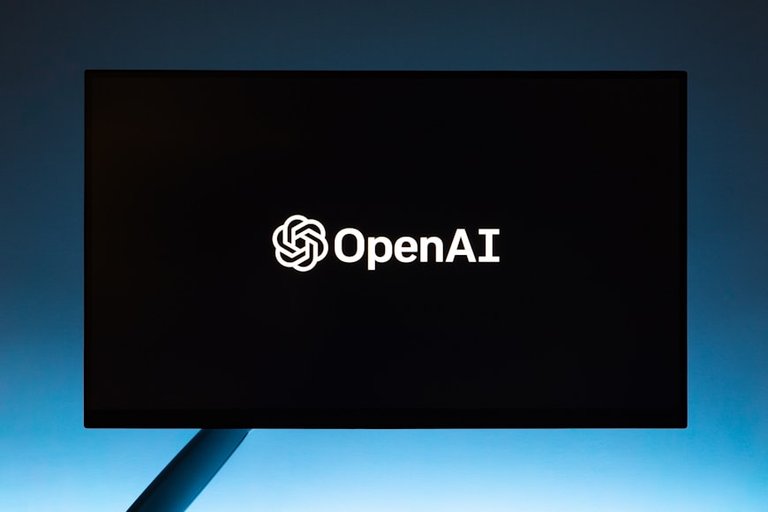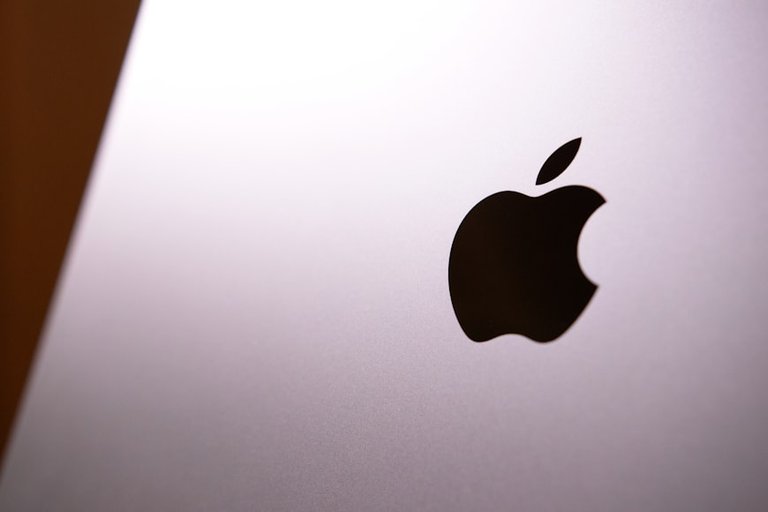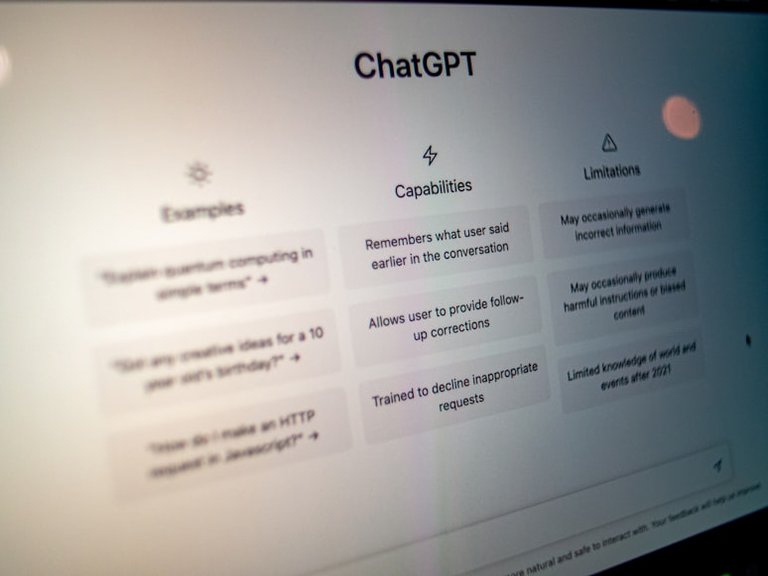What's interesting in light of recent developments is that Microsoft and Apple have now stepped down from OpenAI's board of directors.

Microsoft essentially changed the game with its $13 billion investment in OpenAI back in 2023, further enriching advancements like GPT-4. Microsoft was not only throwing money their way but also providing the much-needed infrastructure via Azure that was critical to scaling OpenAI's AI technologies.
Although Apple's stake in the board was not financially too large, it demonstrated a huge interest propagated by the technology giant in keeping up with AI. If you will, the collective exit of all these entities from this board is a strategic move to sail through an increasingly complex world of regulation in the tech space.

Big tech firms are under unprecedented scrutiny with respect to actions linked to data privacy, AI ethics, and monopolistic practices. Stepping back from the board of OpenAI appears astute on Microsoft's part—to purge potential regulatory conflicts and be committed to being in a fairer tech environment.
Apple's move passes through all these factors in this trend, suggesting a behavioral shift away from joint ventures toward tending its own AI strategies rather than adding extra complexity with a shared board position.
Though this would be a blow to OpenAI, losing these two tech giants as board members opens the opportunity for the company to show its independence and entrench self-governance.
That could set the stage for the more innovative and very independent future of OpenAI.

Looking ahead, it will be very palpable that AI is going to further change and evolve, just as the regulations for its control. Microsoft and Apple will set a very great example of how the rest of the other tech companies work on their projects regarding AI and their regulatory relationships.
The important lesson here is that the future of AI is not just in new technologies, but in how we can manage and regulate these many innovations.
Posted Using InLeo Alpha